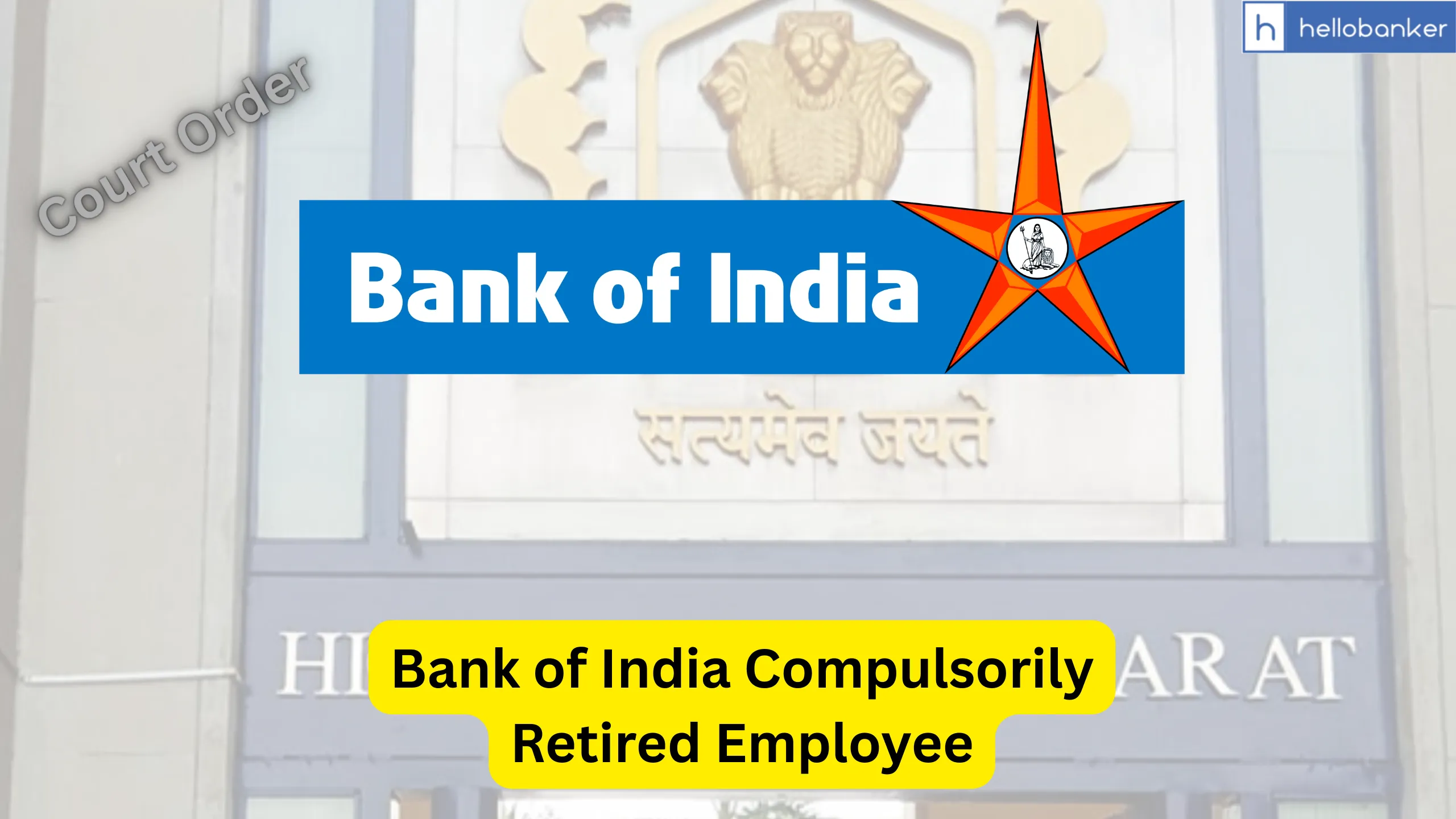The Gujarat High Court has upheld the reinstatement of a Bank of India employee who was compulsorily retired in 2002,. The Court held that the bank failed to prove charges of misconduct and assault against him, and that the punishment amounted to harassment, victimization, and unfair labour practice.
A Division Bench comprising Justice A.S. Supehia and Justice R.T. Vachhani dismissed the Bank’s appeal and affirmed the findings of the Central Government Industrial Tribunal-cum-Labour Court (CGIT), Ahmedabad. In 2016, CGIT had ordered reinstatement of the employee with consequential benefits.
Let’s understand the whole case
An employee was appointed as an Account Clerk on 01.09.1977 in the Bank of India, Naroda Branch. On 05.03.2002, Mr. Rakesh D. Dogra, an officer working at Naroda Branch, filed a complaint against clerk before the Manager, Bank of India, Naroda Branch, Ahmedabad, alleging assault and threat to his life.
Thereafter, the said complaint was investigated by Mr. A. M. Makim, Staff Officer, on the basis of which the clerk was served with the memorandum on 29.04.2002 so as to offer an explanation regarding misconduct and in consequence thereof, clerk was served with the charge-sheet containing various charges, as described hereunder:
“Charge: 1 Physically assaulting staff officer Shri Rakesh Dogra and also threatening him to leave Naroda area or else he would be killed.
Charge: -2 Leaving branch premises without intimation/prior permission and when asked about the said, showing indecent behaviour against other Officials of the Branch.”
Thereafter, a departmental inquiry was initiated against the clerk, and after considering the evidences produced and submissions canvassed by the parties, the Inquiry Officer submitted his report dated 31.07.2002 holding all the charges levelled against the clerk stand proved.
On the basis of the said report of the Inquiry Officer, the Disciplinary Authority issued a second show cause notice dated 19.08.2002 to clerk, and called upon him to submit his report against the finding arrived at by the Inquiry Officer. However, the clerk, despite being called upon to show-cause and also given a personal hearing, failed to appear.
Again the clerk was called to file his reply on 08.11.2002 and on 09.11.2002, but neither the clerk nor his representative appeared. The said exercise proved futile as the clerk failed to remain present, which constrained the Disciplinary Authority vide order dated 11.11.2002 to order for compulsorily retirement of the clerk from the service of the Bank with immediate effect and alongwith superannuation benefits.
Appeal filed before Appellate Authority
Being aggrieved by the said order of the Disciplinary Authority, the clerk preferred an appeal before the Appellate Authority, who by order dated 19.02.2003 rejected the said appeal and confirmed the punishment of compulsory retirement from the service.
Industrial Dispute Raised
Thereafter, the clerk raised an industrial dispute by way of filing Reference Case No. 45 of 2005 before the Tribunal challenging the punishment of compulsory retirement imposed by the appellant-Bank. The Tribunal by its order dated 06.03.2013 held that principles of natural justice were not followed and reasonable opportunity was not granted to the clerk and therefore, the inquiry report and findings of the Inquiry Officer dated 31.07.2002 are held to be perverse and quashed.
Being unsuccessful, the appellant – Bank preferred Special Civil Application No. 8452 of 2013 before the Court challenging the said order dated 06.03.2013 passed by the Tribunal. Bank argued that the Tribunal had applied criminal law standards to assess evidence.
A Single Judge of the High Court partly upheld the Tribunal’s award but struck down the direction that back wages be recovered from officers who had initiated the disciplinary proceedings.
The Bench noted that the case essentially appeared to involve a heated exchange between two employees, and that awarding a major penalty such as compulsory retirement, in the absence of substantial evidence, was excessive and mala fide.
The High Court ordered the reinstatement of the employee with all consequential benefits.
Download Court Order PDF (This PDF is available for Premium Users Only. Click here to join premium)
